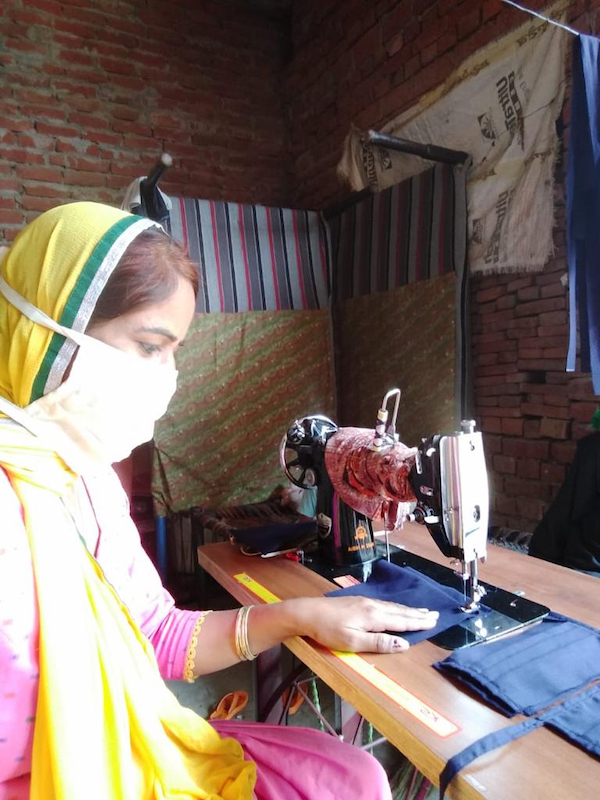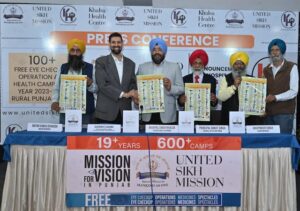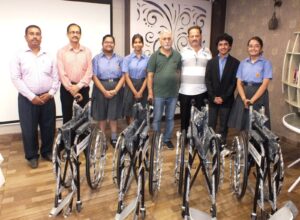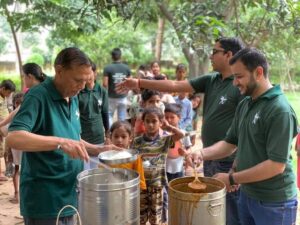There are at least 5000 families in Punjab today who are directly dependent upon benefitting through SEWA Punjab’s programs and at least 50,000 more who can be reached through them.
SEWA in Punjab is part of the Self-Employed Women’s Association (SEWA) national movement for and of women workers of the informal economy, which was born out of the idea that like salaried employees, the self- employed women workers, too, have a right to fair wages, decent working conditions and protective labour laws.
SEWA is one of India’s oldest and largest grassroot level movement of women working to organize its members to increase their capacity and bargaining power, with the aim to achieve self-reliance and full employment for all its members across 15 states.
Harsharan Kaur, State Coordinator SEWA Punjab informs, SEWA Bharat extended its work to Punjab in 2016 in collaboration with the National Health Mission (NHM) Punjab with the objective of training Mahila Arogya Samiti (MAS).
In the face of the Covid 19 outbreak, SEWA Punjab started working towards adapting its programs and activities to the pandemic ensuring it is able to enhance the skills and livelihood opportunities for its women members and families, promoting livelihood and health awareness more so at this time, when the majority were severely impacted.
In Punjab, this translated into providing twofold support: Essential food kits were directly distributed by SEWA to serve the worst hit families for a 3-4 week period for its community members across the state. Secondly, Livelihood generation was done through mask making with materials provided and payment for making cloth masks at a time when most of these women from the unorganised sector lost their jobs. Masks have also been donated to front line workers including police, health workers etc.
Besides direct food kits to hundreds of its members, SEWA also intervened aggressively in the state to help facilitate delivery and distribution of ration alongside the Govt. / PDS to make sure that government ration reached those families where it was most needed.
Nearly seven weeks since the lockdown extended in April, SEWA Punjab’s women members identified to stitch masks have been busy on their home machines, and have manufactured more than 6000 cloth masks across five Districts of Punjab including Moga, Nabha, Gurdaspur, and Ferozepur, as well as Saketri in Panchkula.
2500 masks ordered by Anaaj mandi have already been delivered and the feedback received has been more than satisfactory. Another 3000 cloth masks are expected to be ready in the next few days. Priced between Rs 16 and 25 per mask for double layered masks, the women are being guided and supported to meet the demand for masks that are being sought through orders by government departments, private individuals, hospitals, market associations and Anajmandis across Punjab.
Additionally, these masks are also being donated directly to frontline workers in police and healthcare workers, anganwadi workers, Asha workers.







Comments are closed.